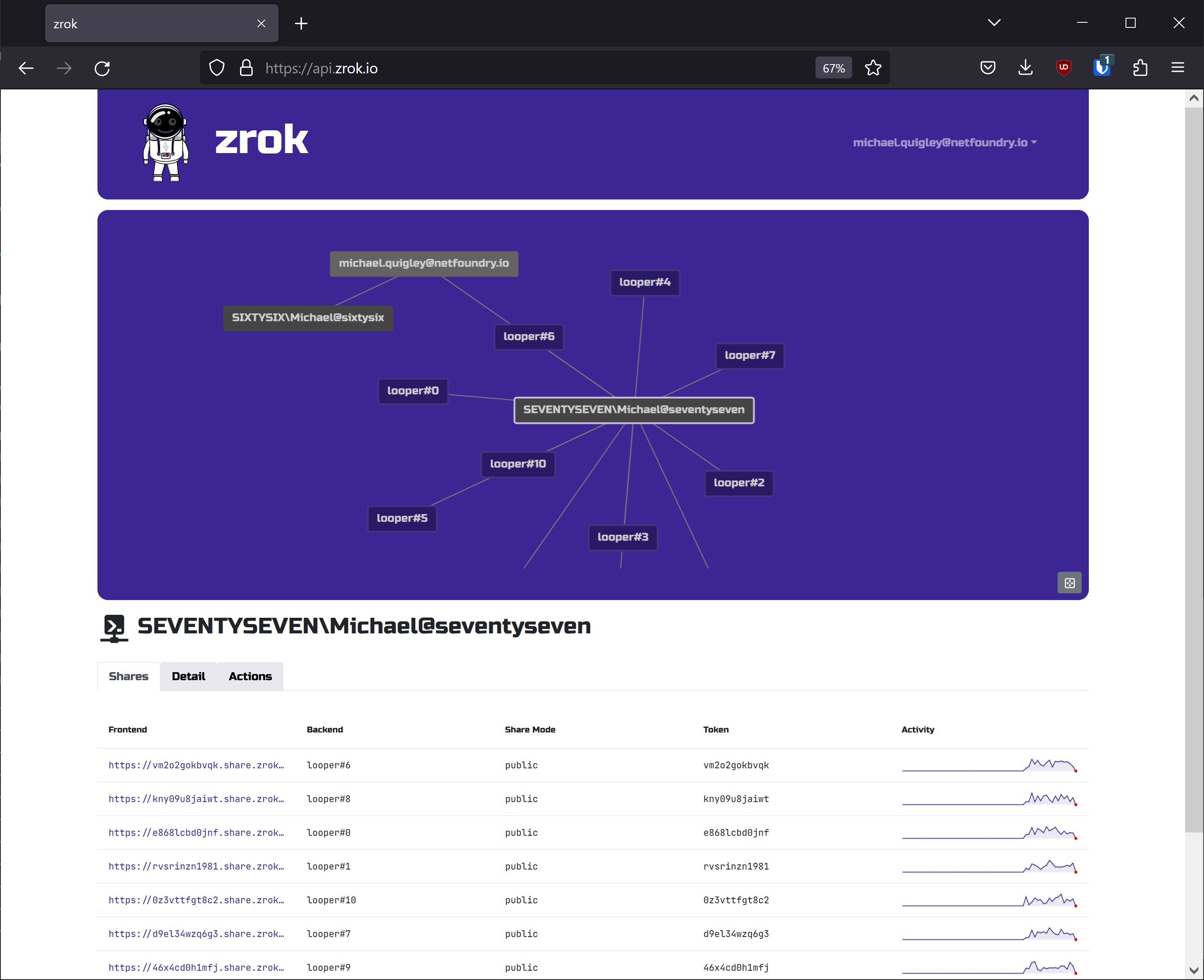I have the privilege of working on the OpenZiti project. OpenZiti is a free, open-source overlay network and platform focused on making it easy to implement the principles of zero trust. OpenZiti believes zero trust belongs inside applications by adopting an SDK, not bolted onto the network after the application is developed. With zero trust built into the application, it becomes secure-by-default. Since OpenZiti is primarily written in GoLang, naturally, we offer an SDK based on Go to allow you to secure your applications. But Go isn't the only SDK offered; the project also has numerous SDKs in various other languages. With one of these SDKs, you can build zero-trust principles into an application and make it secure-by-default.
Recently, I used our SDK based on Go and built an "Appetizer Demo" to give the world an idea of how easy it can be to secure applications by adopting an OpenZiti SDK. We want to make it trivial for people to experience frictionless zero trust in action. Using code, the demo shows you what it takes to include an OpenZiti SDK into an application to secure data in motion.
The Appetizer Demo doc page is live. You can go there and experience it now if you like or later after reading a bit more about it here. It'll hopefully take five minutes or less, depending on how fast you are! If you'd prefer to look at the source from GitHub first, have a look at the reflect server and/or the reflect client.
![[object Object]](https://openziti.io/img/appetizer/step4.svg)
![[object Object]](https://openziti.io/img/appetizer/step4.svg)
